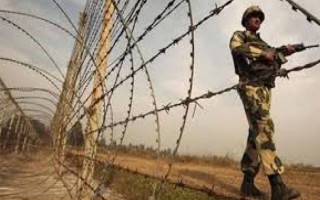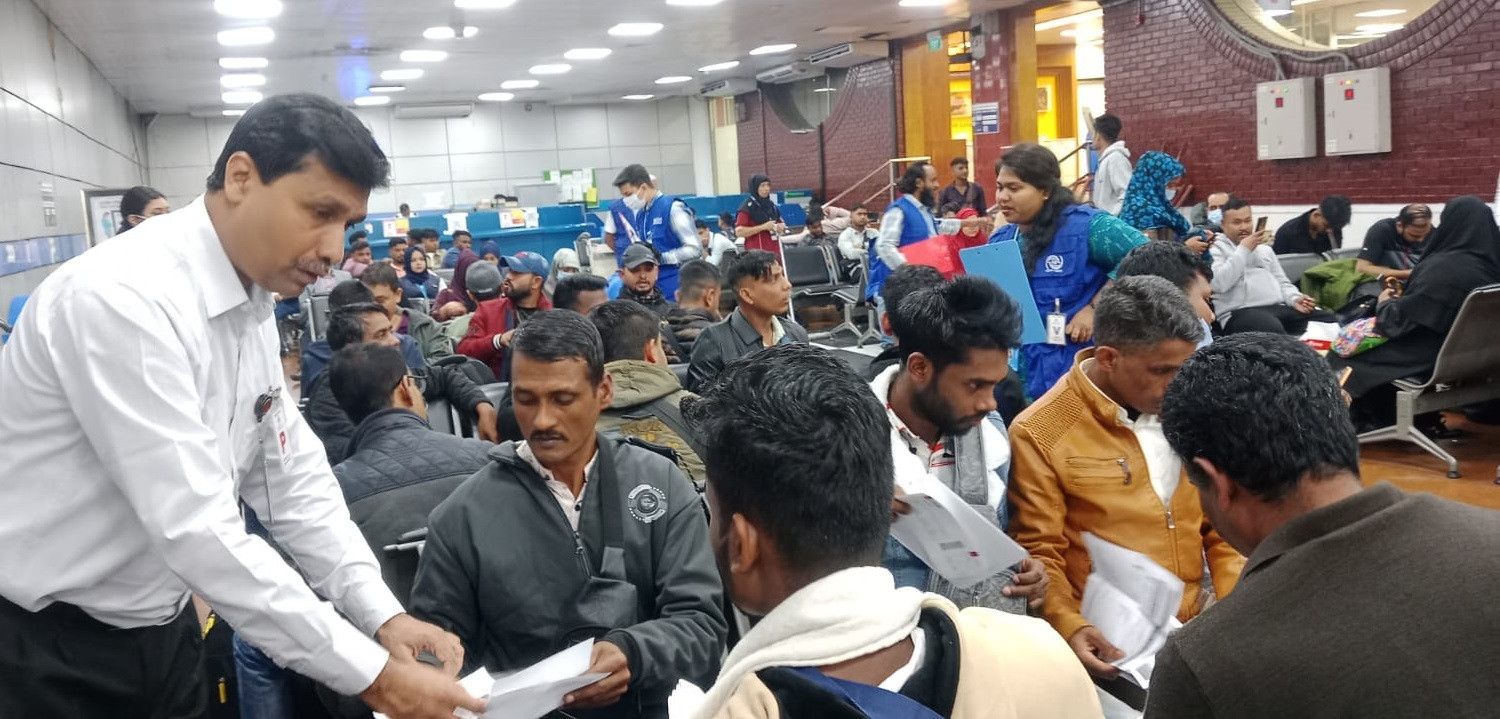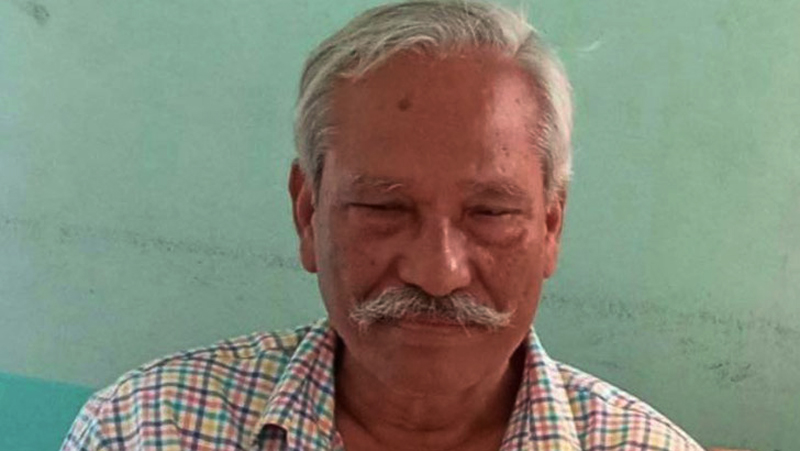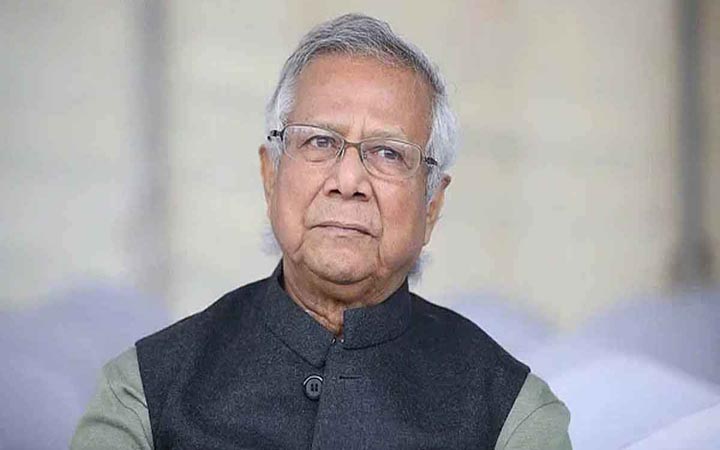Bangladesh so far this year has witnessed the highest number of killings of its nationals along the border by Indian Border Security Forces in past 10 years.
The number of Bangladeshis killed till December 16 in the current year stood at 45 as at least nine of them were killed after the newly-appointed BSF director general, Rakesh Asthana, on September 19 made a fresh promise to bring down the number of border killings to zero.
Police investigators told New Age that the nine Bangladeshis were shot in the upper parts of their body, especially in the chest and head.
Border Guard Bangladesh spokesman Lieutenant Colonel Fayzur Rahman said that nine persons were killed after the director general-level talks were held in Dhaka in September while the total number of killings was 45 between January 1 and December 16.
Officials said that BGB chief Major General Md Shafeenul Islam was set to join the next scheduled talks with his counterpart in Guwahati, Assam, on December 22.
The BGB spokesman said that the next DG-level meeting will discuss the border killing as a top issue on the agenda.
‘The Indian authorities must ensure independent and impartial investigations into the alleged killing of Bangladeshis by the BSF along the border and in no man’s land between India and Bangladesh,’ said Saad Hammadi, South Asia Campaigner at Amnesty International.
Where there is a reasonable suspicion that these constitute unlawful killings, Hammadi went on, the perpetrators must be brought to justice in fair trials without recourse to the death penalty, adding that the failure to put an end to these killings was a gross violation of human rights.
Bangladesh home minister Asaduzzaman Khan on July 11, 2019 in the Jatiya Sangsad stated that the number of border killings by the BSF was 66 in 2009, 55 in 2010, 24 each in 2011 and 2012, 18 in 2013, 24 again in 2014, 38 in 2015, 25 in 2016, 17 in 2017 and only three in 2018.
The figures placed by rights groups were a little higher than the government numbers.
Border killings started coming down since 2011 but the incidents began to rise again in 2019 when 41 people were killed by the force, almost four times the fatalities in 2018 when 11 such killings took place, according to data shared by rights group Odhikar.
Ain o Salish Kendra statistics put the 2019 figure at 43 while it was 42 between January and November this year.
Foreign minister AK Abdul Momen on Thursday said that many Bangladeshis crossed the international border with criminal intensions, resulting in fatalities, with many of them far inside the Indian territory.
Shahab Enam Khan, an international relations professor at Jahangirnagar University, however, told New Age that border killings had both legal and sentimental impacts. ‘They affect public opinion, nationalism, and create negative perceptions among the mass regarding political commitment.’
As with the Indian polity, nationalism and sovereignty go hand in hand for the Bangladeshis too, and border killings are certainly a major irritant that affects the public mindset, he commented.
Opposition Bangladesh Nationalist Party is scheduled to hold protests on Monday 21 against the border killings by the BSF.
In the latest incident on December 16, the Indian border force killed a Bangladeshi man along the international border in Patgram of Lalmonirhat.
The victim, Zahidul Islam, 23, of Islampur village, was shot in the chest.
His body was handed over to the family on Friday. This was the second shooting along the Patgram border in a week.
Kirity Roy, an Indian civil rights activist working in West Bengal and secretary of Kolkata-based rights group Banglar Manabadhikar Suraksha Mancha, demanded that the responsible BSF personnel should be charged with specific offences such as murder, physical assault in custody and misuse of power, among others.
Md Mainul Islam, a retired lieutenant general who has served as BGB director general, said that they now felt disappointed over talks on the killings as repeated promises yielded nothing.
He told New Age on Friday that ‘only political will can reduce the number of killings along the border’.
At least 1,185 Bangladeshis were killed by the BSF along the border between 2000 and 2019, according to Odhikar data.
After the BSF chief’s September 19 promise to bring down the number of border killings to zero, new Indian high commissioner to Dhaka Vikram Kumar Doraiswami on October 8 also told reporters in Dhaka that reducing the number of border killings to zero would be among his priorities.
In the 48th BGB-BSF summit conference in Dhaka in June 2019 then BSF chief Rajani Kant Misra, too, termed these killings as unfortunate, promising to bring down such killings to zero.
Similar pledges were made by the Indian side also in 2018 and 2017 border conferences.
A joint declaration be










